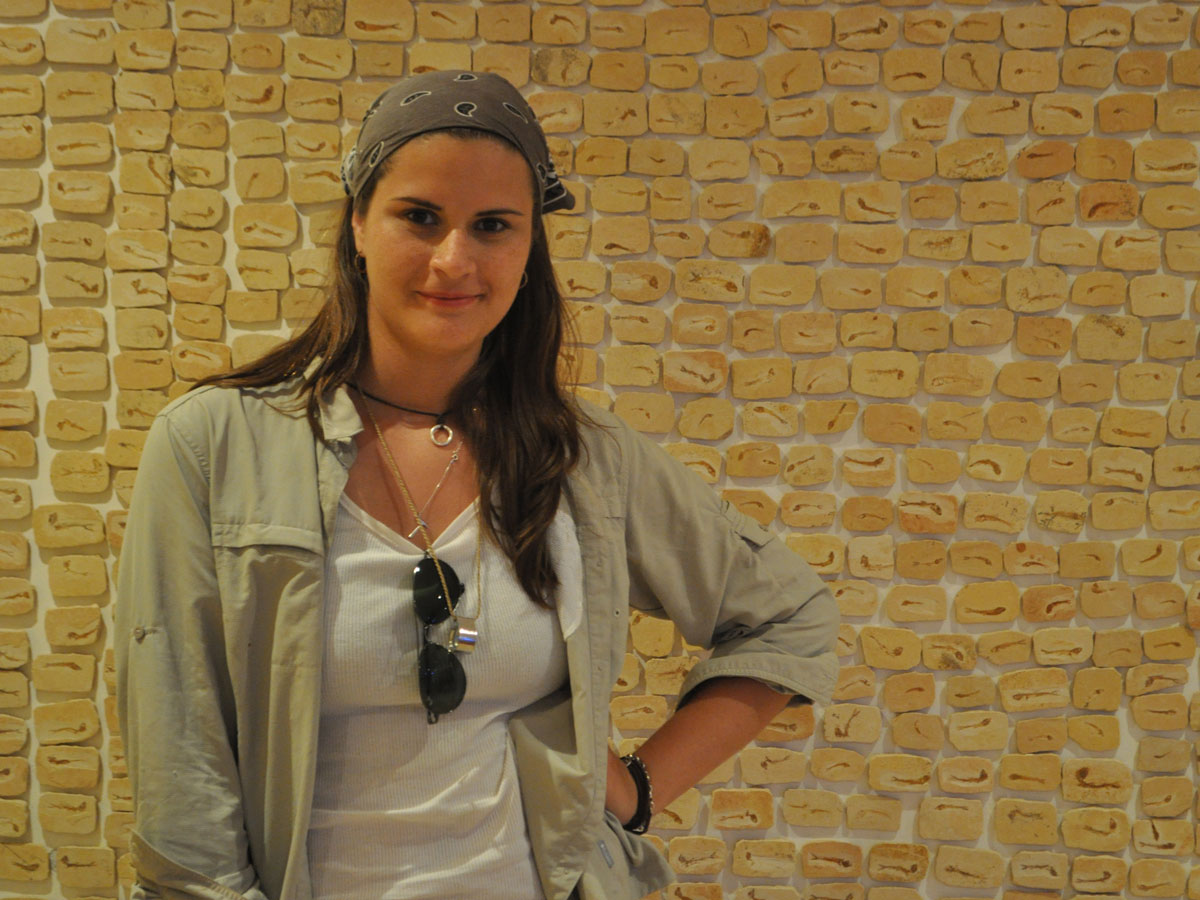Aline Ghilardi doesn’t remember when she decided to become a paleontologist. “I also don’t remember a time in my life [when] I didn’t like dinosaurs,” she said.
Born in the mid-1980s, the researcher said her passion for the deep past took root even before Jurassic Park was released in 1993. “I found out what I wanted to be when I first heard about a dinosaur museum that was going to open in Peirópolis, Minas Gerais State, Brazil,” Ghilardi said. “I insisted so much on going that my father took me there—only to find out that construction had just started and there was nothing to see. I broke out in tears,” she recalled.
“He showed me a dinosaur egg, and that changed my life forever.”
Ghilardi was about 5 years old at the time, and her father had driven her about 200 kilometers (120 miles) from their home in Ribeirão Preto. But the trip was not totally for nothing, as Langerton Cunha, an associate of the groundbreaking Brazilian paleontologist Llewellyn Ivor Price, had a cottage in front of what is Peirópolis’s Dinosaur Museum today. Ghilardi’s father knew Cunha and decided to stop for a chat. Cunha was moved by the child’s disappointment. “He showed me a dinosaur egg, and that changed my life forever,” Ghilardi said.
With Brazil lacking any specific university curricula in paleontology in the 2000s, Ghilardi took an undergraduate course in biology at the Federal University of São Carlos. She stayed for a master’s degree and studied megafauna fossils found inside caves in the Ribeira Valley in southeastern São Paulo State.
“My father used to say this was a career for men, and I just saw male paleontologists on TV,” she recalled. “So as a kid I thought only men could get there.”
A 1990s Paleoworld episode with Anusuya Chinsamy-Turan, a woman paleontologist from South Africa, showed her otherwise.
At one point while working toward her doctorate at the Federal University of Rio de Janeiro, Ghilardi almost gave up her scientific career following episodes of harassment. It took time and a move away from Rio to heal from the depression in which she found herself. “Harassment takes an immense toll on our mental health. And the hardest part is that this is normalized in academia—the people who harassed me are still there,” she said.
Ghilardi is currently a professor in the geology department of the Federal University of Rio Grande do Norte in northeastern Brazil, where she studies vertebrate paleoecology and paleobiology. She was one of the leading figures behind efforts to return the fossil of a feathered dinosaur—Ubirajara jubatus—to Brazil. The specimen was collected from the Araripe Basin in northeastern Brazil and allegedly smuggled to Germany in the 1990s. The state of Baden-Württemberg, where the museum holding the fossil is located, ruled that Ubirajara be returned to Brazil after public outcry.
Ghilardi is an active voice against science colonialism in Brazil and throughout the Global South. “Our fight now is to develop paleontology in the Brazilian northeast and train researchers in the Araripe Basin so we can value the fossiliferous heritage in the region,” she declared.
—Meghie Rodrigues (@meghier), Science Writer
This profile is part of a special series in our August 2023 issue on science careers.




